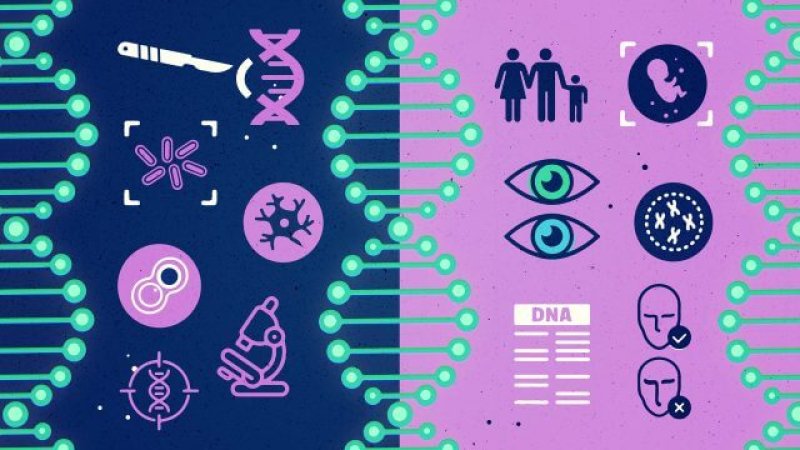CRISPR has many functions; one of these is that it can be used to treat disease. Yet the far-reaching, more fraught promise of this technology—one about which scientists seem at once excited and cautious—lies in its ability to eliminate from the gene pool what medical science identifies as faulty or abnormal genes that cause difference in individual people. Certainly, goes the logic of CRISPR’s promise, the goal of ridding future generations of terrible diseases that cause suffering and death and deplete resources, seems an unquestionable enterprise.
…
As disability studies scholars and women with genetic differences who are experts in thinking about the consequences this technology will have for actual human beings, we have grave worries that the use of these “genetic scissors” will, in the future, cut people like us out of existence without others even noticing.
Expanding diversity in all its forms, including disability, strengthens the human community ethically and biologically because it opens the public and private sphere to a variety of perspectives, life experiences, ideas, and solutions to live together with mutual flourishing. More important, our shared founding belief in the equal value of all members of a society should remind us that people’s worth should not be determined by social judgments about their contribution.































